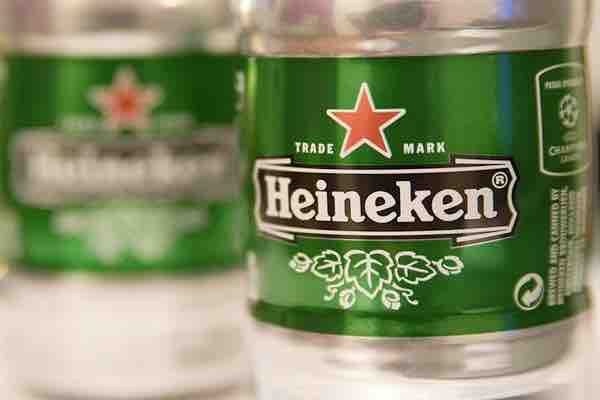Price Fixing
As it is commonly understood, the term "price fixing" refers to a collusion between sellers in a market to coordinate pricing--usually pushing it above the competitive level--for their collective benefit. While this is price fixing as commonly understood, the actual definition is much broader. It is an agreement between participants on the same side in a market to buy or sell a product, service, or commodity only at a fixed price, or maintain the market conditions such that the price is maintained at a given level by controlling supply and demand . The defining characteristic of price fixing is any agreement regarding price, whether expressed or implied. The intent of price fixing may be to push the price of a product as high as possible, leading to profits for all sellers but may also have the goal to fix, peg, discount , or stabilize prices.
There are many things sellers may do during a price fix. They might agree to sell at a common target price, set a common minimum price, buy the product from a supplier at a specified maximum price, adhere to a price book or list price, engage in cooperative price advertising, standardize financial credit terms offered to purchasers, use uniform trade-in allowances, limit discounts, discontinue a free service or fix the price of one component of an overall service, adhere uniformly to previously announced prices and terms of sale, establish uniform costs and markups, impose mandatory surcharges, purposefully reduce output or sales in order to charge higher prices, or purposefully share or pool markets, territories, or customers. These are all instances of price fixing.
Economic Argument and Legal Status
In neoclassical economics, price fixing is inefficient, transferring some of the consumer surplus to producers and results in a deadweight loss. Because of this, price fixing is illegal in most developed countries. In the US, price fixing can be prosecuted as a criminal federal offense. Under American law, even exchanging prices among competitors can violate the antitrust laws. This includes exchanging prices with either the intent to fix prices or if the exchange affects the prices individual competitors set.
In countries other than the United States, Canada, Australia, New Zealand, Japan, Korea and within the European Union, price fixing is not usually illegal and is often practiced. When the agreement to control price is sanctioned by a multilateral treaty or is entered by sovereign nations as opposed to individual firms, the cartel may be protected from lawsuits and criminal antitrust prosecution. This explains, for example, why OPEC, the global petroleum cartel, has not been prosecuted or successfully sued under US. antitrust law. International airline tickets have their prices fixed by agreement with the IATA, a practice for which there is a specific exemption in antitrust law.
Prominent Price Fixing Examples
Air Travel
In August 2007 British Airways was fined £121.5 million for price fixing. The fine was imposed after BA admitted to the price fixing of fuel surcharges on long haul flights . The allegation first came to light in 2006 when Virgin Atlantic reported the events to the authorities after it found staff members from BA and Virgin Atlantic were colluding. Virgin Atlantic has since been granted immunity by both the Office of Fair Trading and the United States Department of Justice who have been investigating the allegations since June 2006. The US Department of Justice later announced that it would fine British Airways $300 million (£148 million) for price fixing. BA maintained that fuel surcharges were "a legitimate way of recovering costs. "
Beer
In April 2007 the European commission fined Heineken €219.3m, Grolsch €31.65m and Bavaria €22.85m for operating a price fixing cartel in Holland, totalling €273.7m (InBev, another brewer, was convicted for price fixing but escaped punishment) . The brewers controlled 80% of the Dutch market, with Heineken claiming 50% and the two others 15% each. Neelie Kroes said she was "very disappointed" that the collusion took place at the very highest (boardroom) level. She added, Heineken, Grolsch, InBev and Bavaria tried to cover their tracks by using code names and abbreviations for secret meetings to carve up the market for beer sold to supermarkets, hotels, restaurants and cafes. The price fixing extended to cheaper own-brand labels and rebates for bars.

Heineken cans
Heineken were fined €219.3m for their role in a price fixing cartel in Holland in 2007.